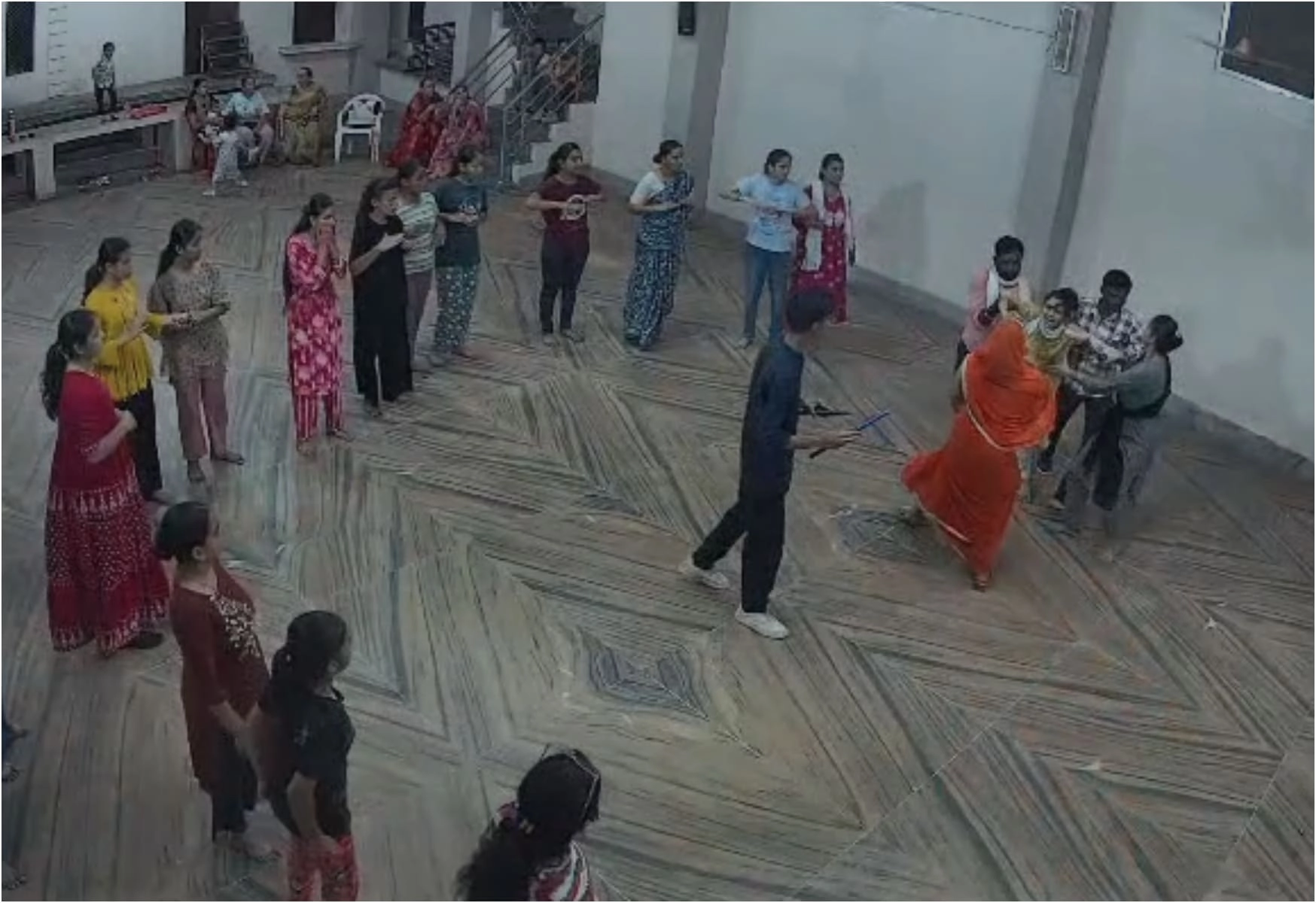In a troubling incident reported from Madhya Pradesh, a young woman who was practicing the traditional dance form of Garba was abducted by her family due to a marital dispute. The situation highlights the complexities and tensions that can arise within families when it comes to personal choices, particularly regarding relationships and cultural practices. The woman, who was actively engaged in her community’s festive celebrations, found herself at the center of a family conflict that escalated into a serious crime.
The abduction reflects not only the challenges faced by individuals seeking autonomy over their lives but also underscores the societal pressures that can influence family dynamics. In many cases, families may resort to extreme measures when they perceive their members’ choices, such as whom to marry or how to express their cultural identity, as threatening to traditional values. This incident serves as a stark reminder of the need for open dialogue and understanding within families, as well as the importance of respecting individual freedoms in the context of cultural practices.
Following the abduction, local authorities took swift action, leading to the arrest of the accused family members involved in the incident. This response highlights the legal system’s role in addressing such serious breaches of personal rights and safety. The police’s intervention is crucial not only for the immediate safety of the victim but also for sending a message about the consequences of familial violence and coercion. It raises important questions about the balance between familial obligations and personal freedoms, especially in a society where cultural practices like Garba hold significant meaning.
As the investigation unfolds, this case may spark broader discussions about the rights of individuals, particularly women, in the face of familial and societal pressures. It is essential for communities and policymakers to engage in conversations about the need for education and awareness regarding personal autonomy, as well as the importance of fostering an environment where individuals can freely express themselves without fear of retribution. The hope is that incidents like this will encourage a reevaluation of attitudes toward marriage, relationships, and cultural practices, ultimately leading to a more understanding and supportive society.




